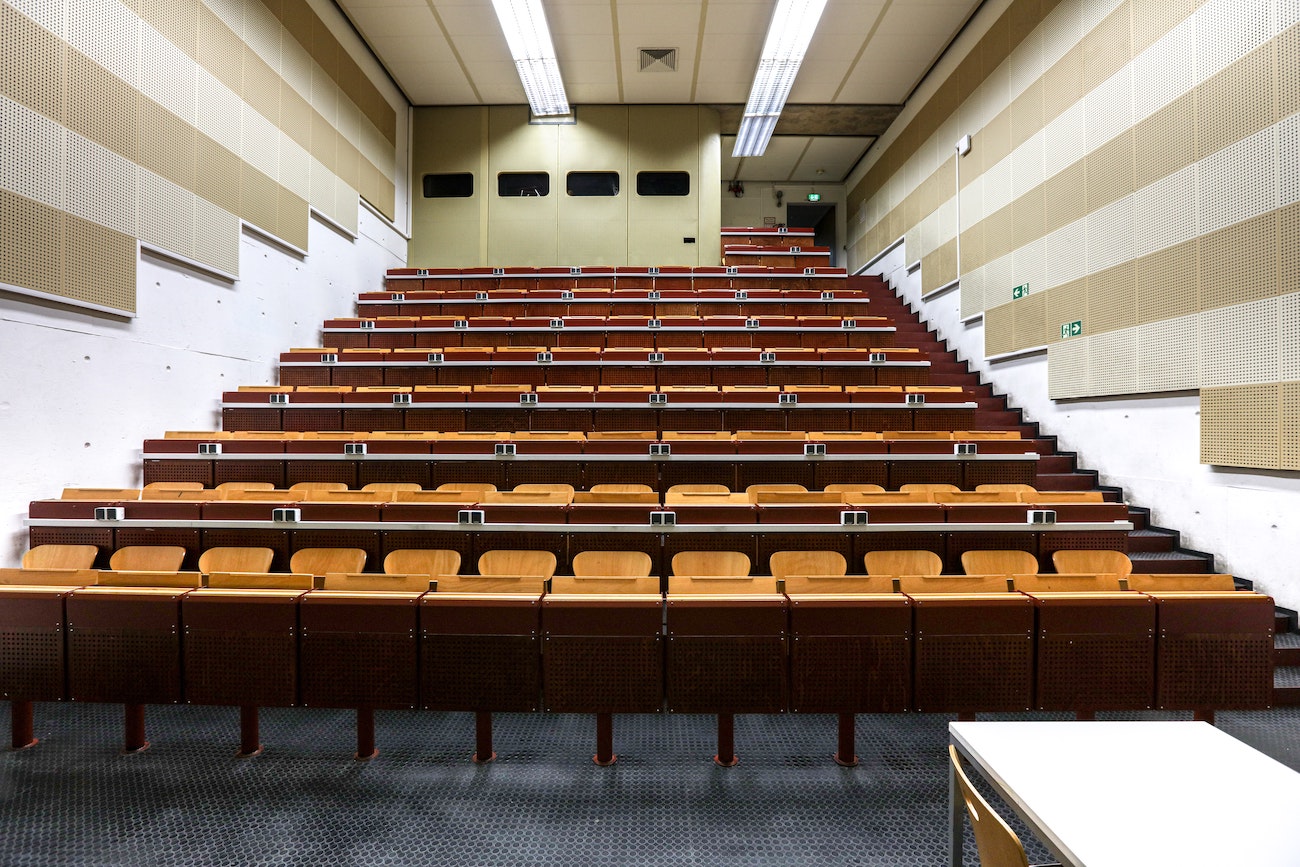Starting in the spring of 2020, the Covid-19 pandemic presented schools and universities with great challenges and uncertainties and forced the education system to completely shift their processes to the digital world. After the summer semester 2020 was able to be completed with a lot of creativity, patience, but also a high degree of variation between the individual event and examination formats, the question arose for the student representatives of the Department of Political and Administrative Sciences as to how the experiences and wishes of the students could be collected, bundled, and articulated to the faculties and administration.
With the cooperation of CrowdInsights, a platform was set up for this purpose through which students could be consulted on the topic of “digital teaching and learning.” The question consisted of two steps: in the first step, the students were asked to look back on the past semester: “What positive and/or negative experiences did you have with the past digital summer semester?” Afterwards, they had to look forward to the coming semester: “What could be avoided or improved in the coming winter semester?” At the end of the ten-day consultation phase, a total of over 40 students had answered these two questions, some in great detail.
In the second step, all of the respondents’ answers were broken down to their essential core statements. For this purpose, after submitting their answers, the participants were asked to pack the most important points of their answers into core statements with a maximum of 200 characters. CrowdInsights took over this step for users who did not want to draw their core statements themselves. In this way, a total of 120 core statements could be collected. A text mining algorithm then searched the highlighted text for responses with similar keywords. This first clustering was then checked once again by CrowdInsights and – if necessary – corrected. Finally, the clustered key statements were analysed and insights were derived.
Most frequently, and perhaps most obviously, people wished for better communication in relation to the examination formats of the individual subjects, but also in relation to the general state of affairs within the subjects and the teaching concept in general. The responses also showed that there were major differences in the evaluation of digital lectures and smaller digital event formats. While digital lectures were evaluated in a mixed way and flexibility and better repetition possibilities in exam preparation were frequently mentioned as major advantages of asynchronous event recordings, the evaluation of digital seminar and tutorial formats was significantly worse. It was emphasised here that digital seminar formats cannot replace analogue seminars and that personal contact with the instructor is perceived as extremely important. Further findings concerned the use of digital interaction options in online courses, the evaluation of concrete digital tools and platforms, as well as the evaluation of the various digital forms of examination.
Further procedure
Following the consultation process of gaining insights, all results were made transparently available to the public on the participation platform. In addition, the results were presented at the Teaching Day of the Department of Political and Administrative Sciences and used as a basis for the subsequent exchange of ideas among the teaching staff, which lasted several hours. The Teaching Day is an annual event held by the Department of Political Science and Administration, during which lecturers spend a day exchanging views on predefined aspects of teaching in order to further advance its quality. In 2020, Teaching Day was all about “digital teaching.” The lecturers’ reactions to the findings-presentation were consistently positive and were used as the main basis for discussion for the rest of the event. The professional and innovative implementation of this survey also led to the student body being perceived as a serious contact person on the topic of digital teaching by the faculty and has since been involved in further discussions and decisions on the topic of digital teaching.

